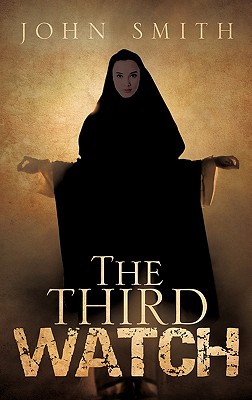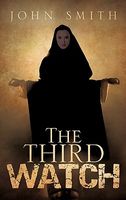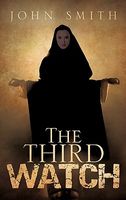- Welcome to FictionDB, Guest
- | My Account
- | Help

The Third Watch — John Smith
The discovery of an ancient Spanish Caravel buried beneath a coquina-strewn beach near the nation's oldest city, St. Augustine, Florida is hailed by clergy as a sign from on high; scattered about the wreck are earthenware ceramics containing Hebrew documents, some dating back millennia, and the discovery causes an international media frenzy. The Jesuits claim the wreck is the property of the Church while the Israelis claim the Hebrew scribed on the parchment proves the Caravel and contents belong to the Jewish people as part of their heritage. A summer archaeological field school is organized by a local university where budding archaeologists can work alongside older, experienced archys in hopes of establishing why the vessel sailed the waters in 1527CE, not long after Spanish explorers discovered what is now considered the State of Florida. Caught between the Catholics and Jews, the press and local law enforcement, Ben David and Lindsey Hall, both graduate students in comparative religion, find themselves working the dig in the midst of several mysterious deaths connected to the discovery. The Israeli Rabbinate on one side and the Roman Catholic Vatican on the other search for ancient scrolls both sensitive and conspiratorial, and each seems willing go to whatever length necessary to find and conceal the parchment or destroy it before certain truths become public knowledge. Lindsey's research uncovers dramatic evidence proving that Yeshua could not have been killed by the Romans on Good Friday, or the Jewish Shabbat. Yeshua's sentence of death could not have been carried out on Passover, earlier in the week, during the Feast of Unleavened Bread, nor the preparation for Shabbat. Jewish law would have allowed for Yeshua's crucifixion on Wednesday. As promised, after spending 72 hours in the ground following his death, Yeshua rose on Saturday night, and Mary saw Yeshua during the Third Watch on Sunday.
Click on any of the links above to see more books like this one.



